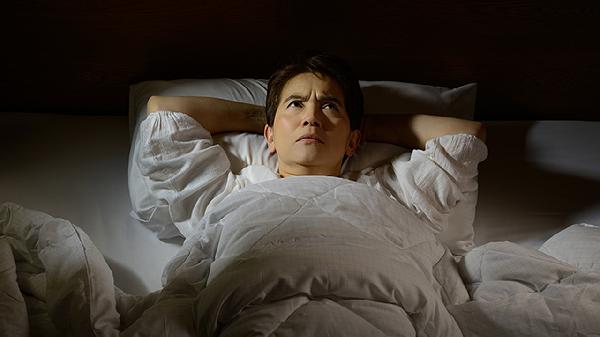Many people have experienced the troubles brought by insomnia. Sleep quality plays a crucial role in people's growth, development, and daily life. However, psychological suggestions are a powerful force, and if they are negative, they will inevitably affect sleep.
What psychological suggestions are likely to cause insomnia?
1. Fear and self-blame
The advanced neural activities of the cerebral cortex are mainly divided into two processes: excitation and inhibition. If people are afraid of insomnia, the more they want to fall asleep, the more their brain cells become excited due to the fear, thus worsening insomnia. After making mistakes, people may feel guilty and self-blaming, constantly replaying what they did and regretting not handling it properly. Generally, people are busy with work and have many things to do during the day, so they don't have much time for self-blame and regret. However, at night, when it's quiet, they may enter a state of fantasy and calculation, making it difficult to fall asleep.

2. Anticipation and mental conflict
If there are things or people worth looking forward to, people may worry about oversleeping and wake up early, such as when taking a plane, train, or when an important relative is coming. This can put them in a state of anticipation and excitement, making it hard to fall asleep. Additionally, when stimulated by unexpected events, people may not be able to react properly and may not know how to proceed, causing them to hesitate and worry when trying to sleep, eventually leading to anxiety.
3. Overthinking
If someone was frightened, severely punished, or experienced the death of a parent during childhood, they may feel scared. As they grow older, this issue may gradually improve. However, it can leave a psychological shadow, especially at night when overthinking occurs, causing severe psychological trauma that remains suppressed in the subconscious, leading to insomnia.
4. Fear of dreaming
Some people develop negative psychology because they cannot correctly view dreams, thinking that having many dreams means insomnia. This mistaken belief can make people anxious and tense, worrying that they will dream again after falling asleep, affecting sleep quality. In fact, everyone dreams, which is a normal physiological phenomenon and another way the brain works. Appropriate dreaming can enhance memory, clear useless information, and does not harm the body.
Warm reminder
Create a good sleep environment for yourself. Keep the room clean and tidy, and the light should not be too bright. Adjust the temperature properly. Turn off all electronic devices before bed to avoid affecting sleep quality. Additionally, you can soak your feet or take a hot bath before bed to relax the cerebral cortex.
























